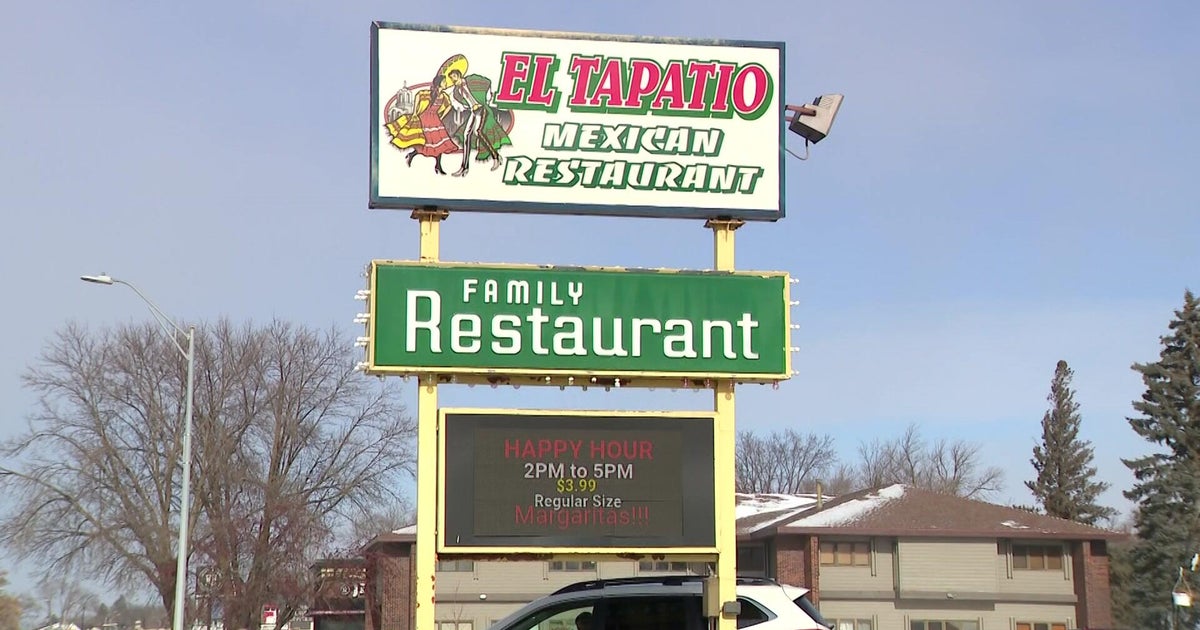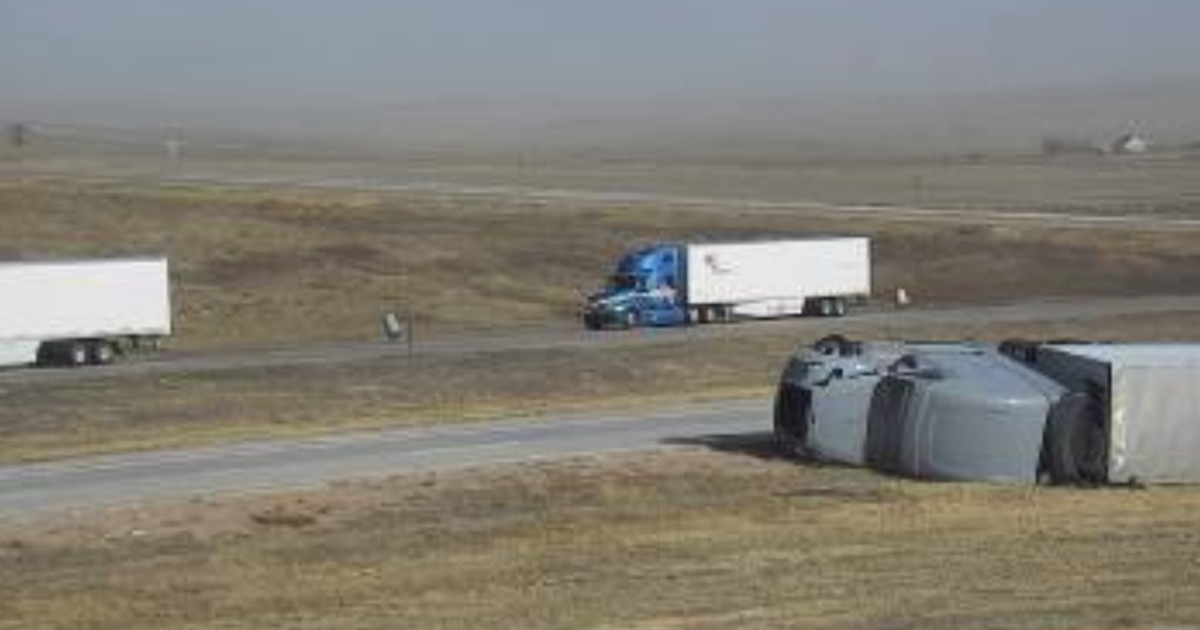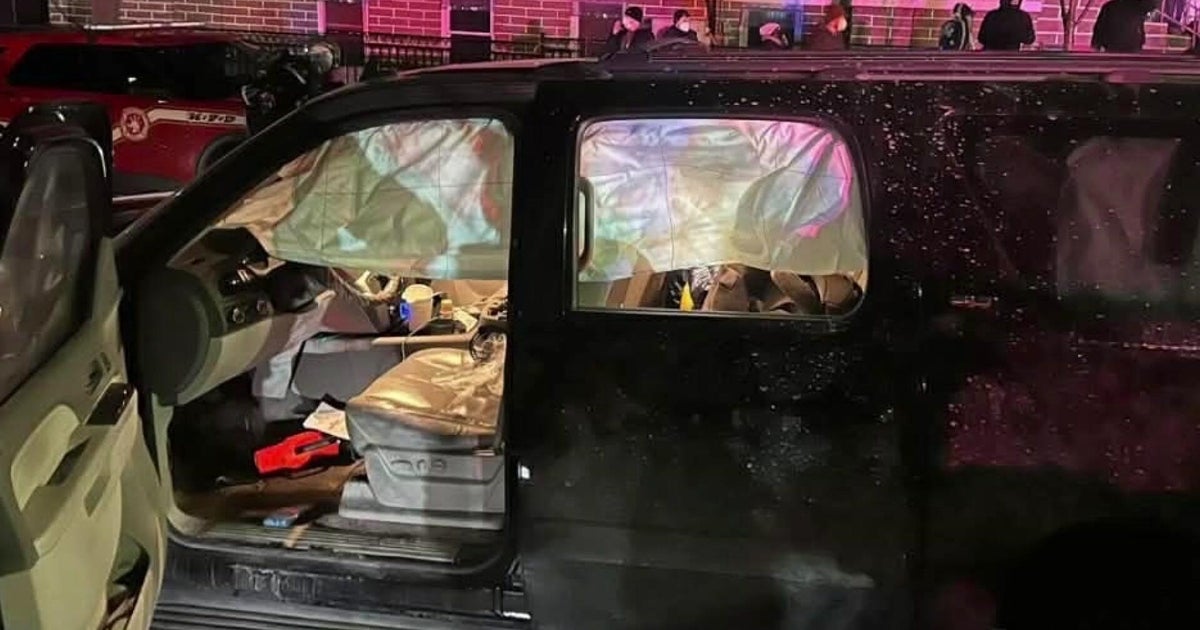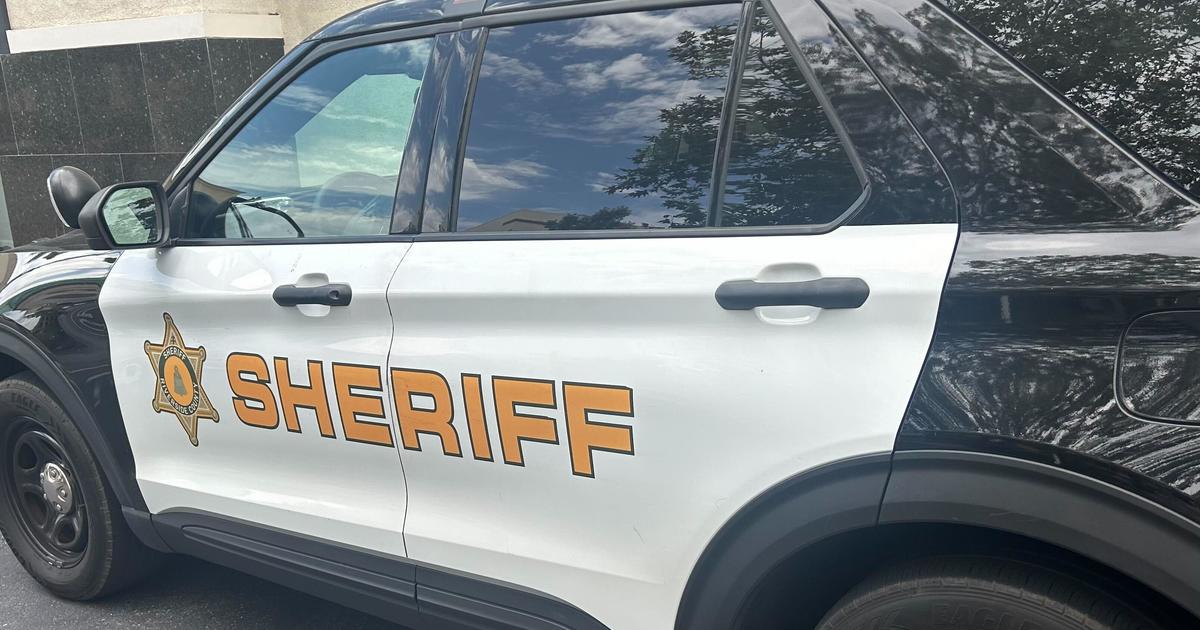Who is responsible for cleaning up roadkill and how do they dispose of it?
ST. CROIX COUNTY, Wis. — When driving out to cabin country recently, several drivers say they noticed an unfortunate reality in rural areas.
The sight of dead deer along highways has Jill from Minnetonka wondering: Who is responsible for removing roadkill, and how do they dispose of it? Good Question.
If you grew up across Minnesota or Wisconsin, there's a good chance you've either had your own encounter with a deer on the road or have a story connected to a friend or family member.
"Had a friend once in high school, (the deer) completely smashed his windshield and that's when we all learned you're supposed to go faster," said driver Ben Lennartz as he fueled up his SUV.
It's a scary and unfortunate experience that appears to be happening to many drivers recently.
"My mom is driving with me and she's like, 'What is going on with all this roadkill?'" said Brandi Rudd as she drove from Madison to the Twin Cities.
The Minnesota Department of Natural Resources and the Minnesota Department of Transportation both raise awareness about deer on roads during the fall hunting season, but they admit it's probably all year.
"It is very common," said Jed Falgren, a state maintenance engineer with MnDOT.
What happens to roadkill on interstates?
"Our first and foremost concern in any type of situation is that we can remove a potential safety hazard for a secondary collision as quickly as possible," said Falgren. That means, at a minimum, get the animal's body off the road.
The Minnesota and Wisconsin departments of transportation handle all interstates and state highways, while counties and cities are responsible for cleaning up their roads.
Typically, crews will let nature take its course. They'll move the animal off the pavement and onto the grass or dirt near the shoulder, allowing the animal to decompose. Their methods change in urban areas with little to no shoulder.
"In those situations, we will pick up the animal and then transport them to one of our facilities where we're able to compost it," said Falgren.
"It is like the 'circle of life' so if they don't need to remove it, why remove it," said Rudd.
"Better than putting it in a plastic bag and chucking it in a landfill," added Lennartz.
Every year, WisDOT states there are 15,000-19,000 deer crashes in Wisconsin.
The Minnesota Department of Public Safety reports about 1,300 deer crashes a year, but researchers believe it's likely 10-20 times higher than that amount.
"There are probably many collisions that nobody ever reports," said Falgren.
Drivers involved in a crash with deer or other large animals can claim roadkill in Minnesota and Wisconsin, however, the driver needs to contact law enforcement first in order to get a permit to do so.
Drivers are not obligated to remove dead animals from the road. If you hit an animal or see one in the roadway, you're asked to call 911.








